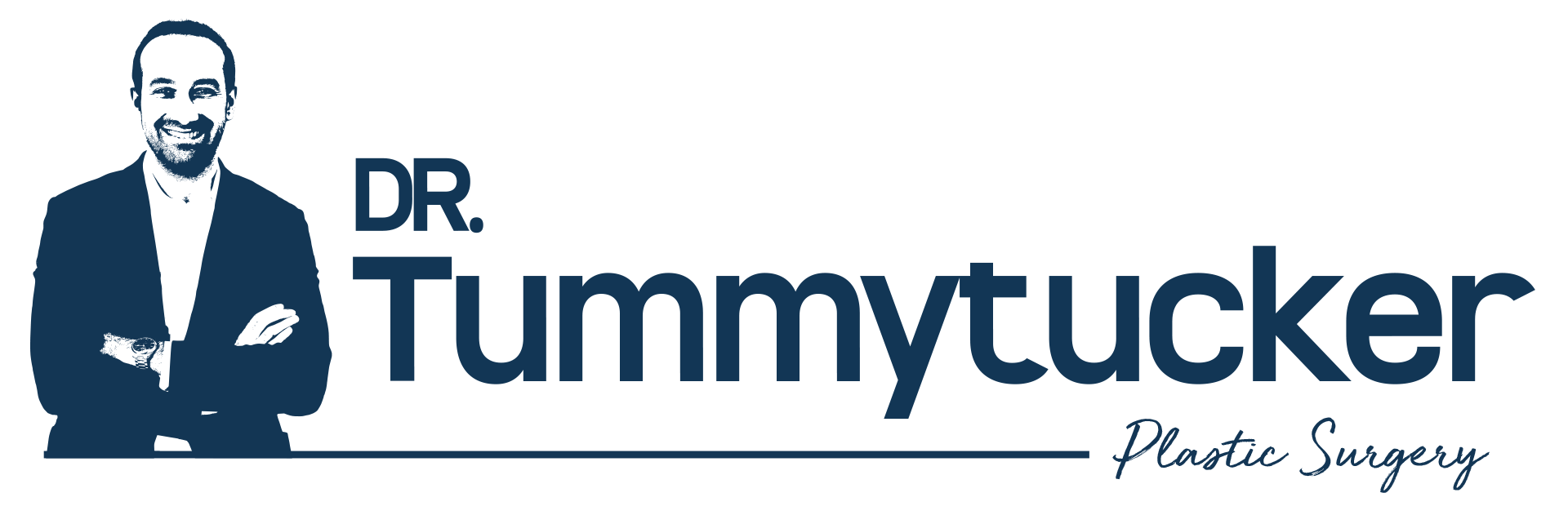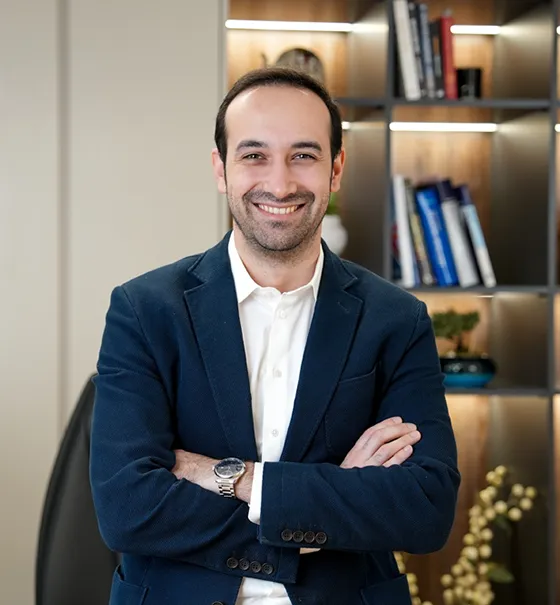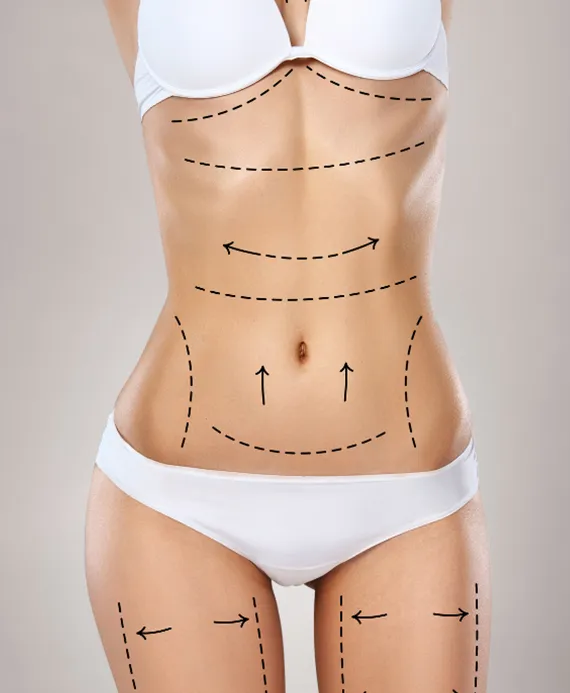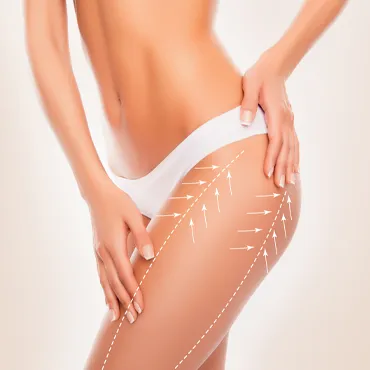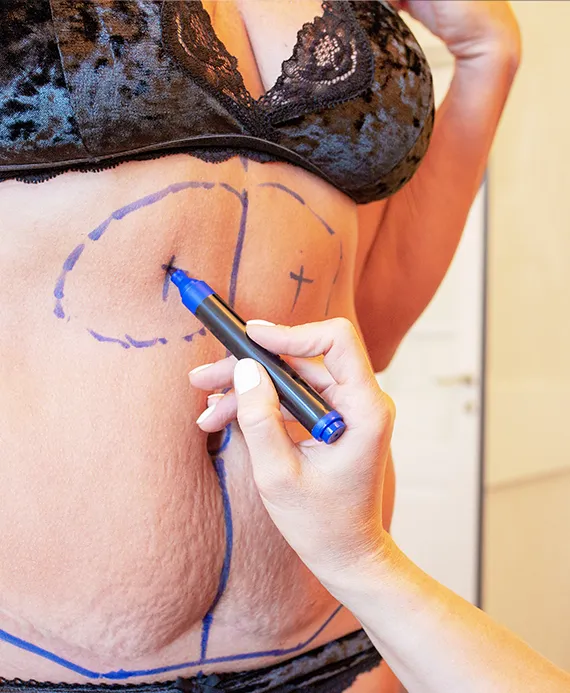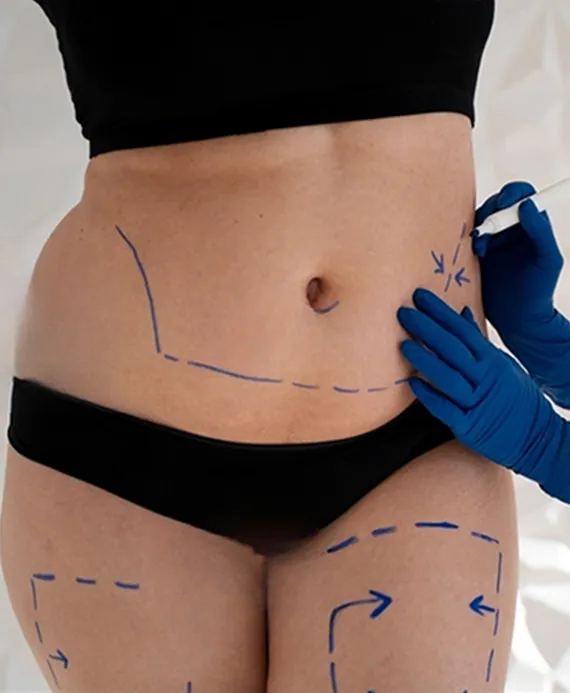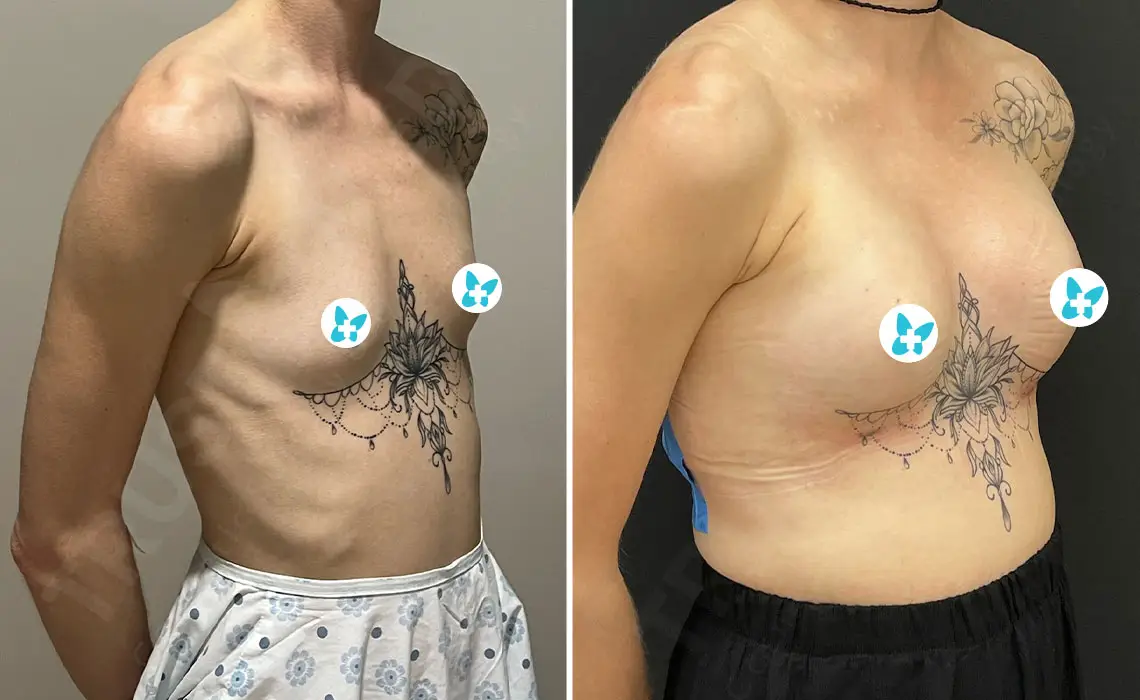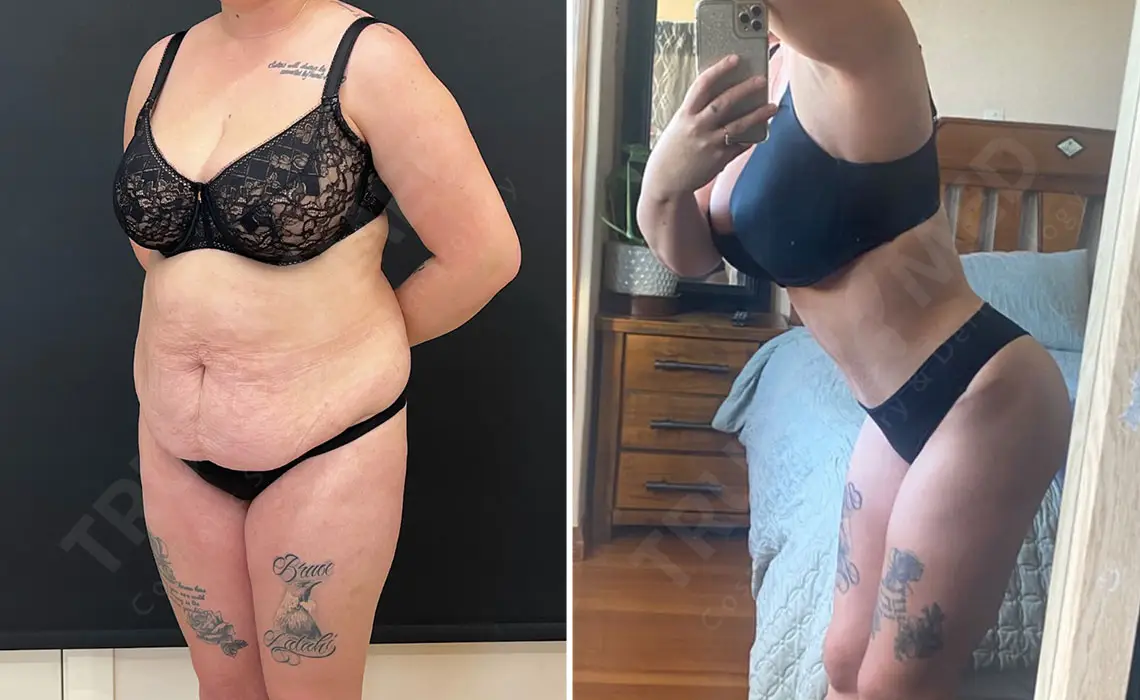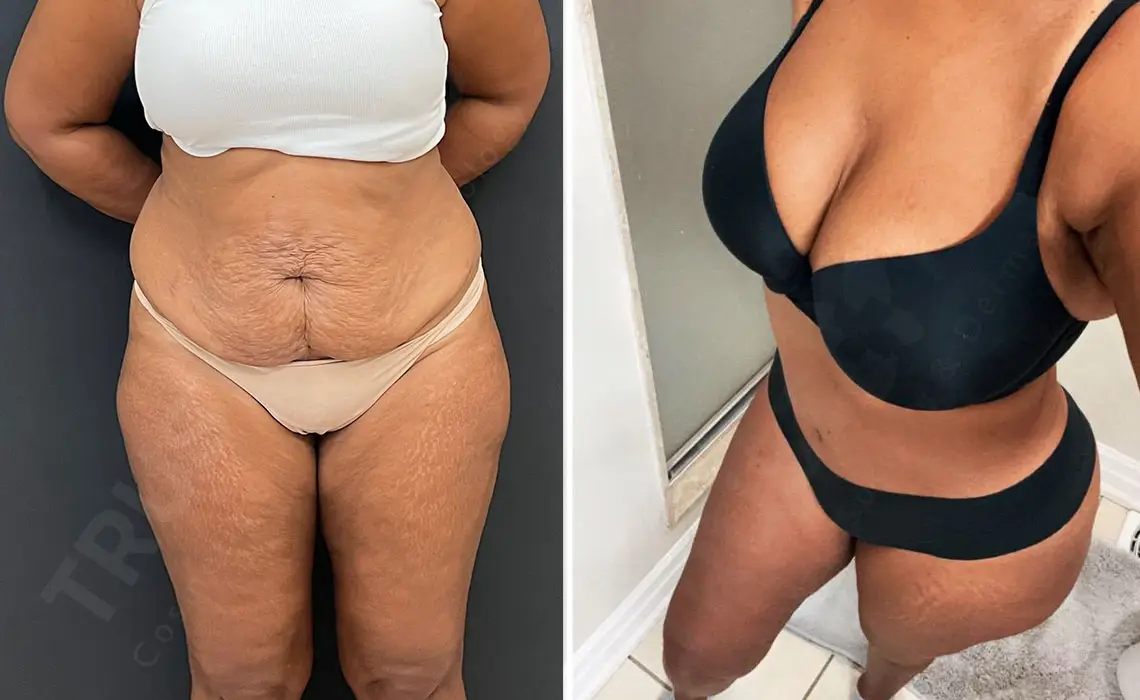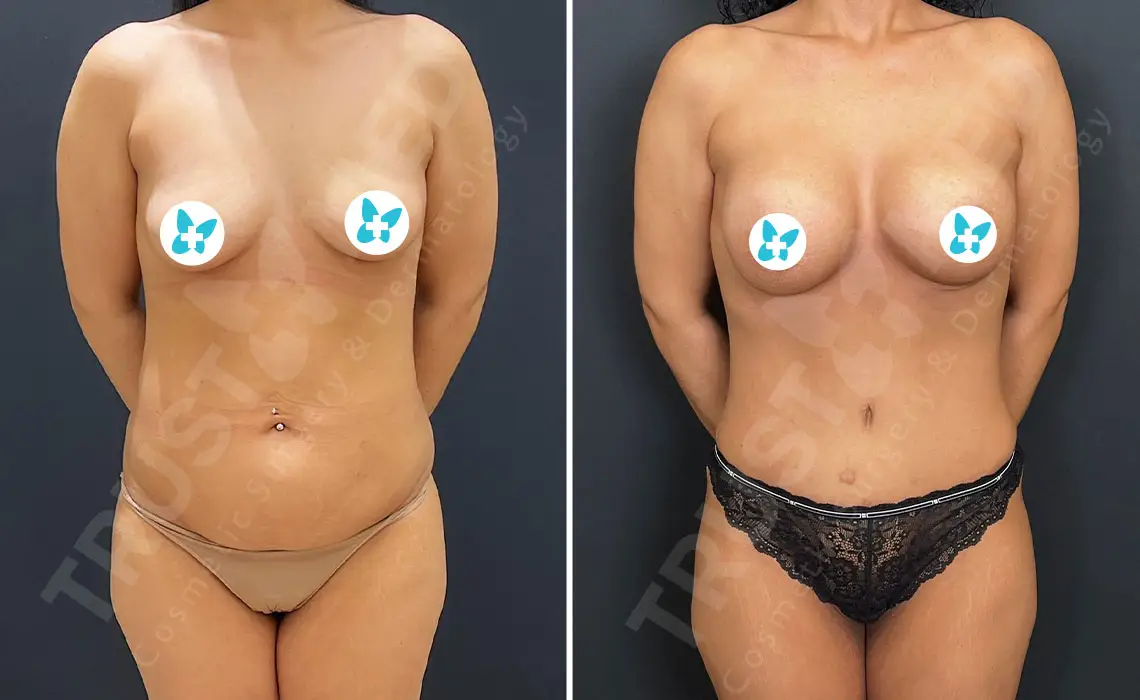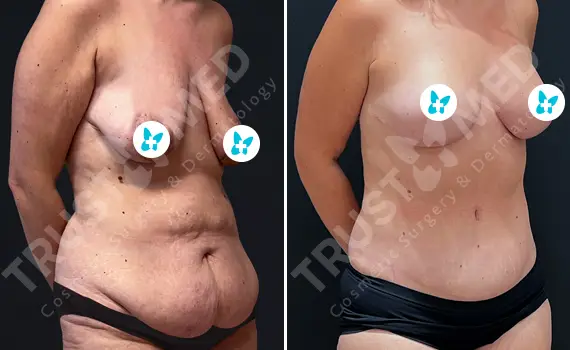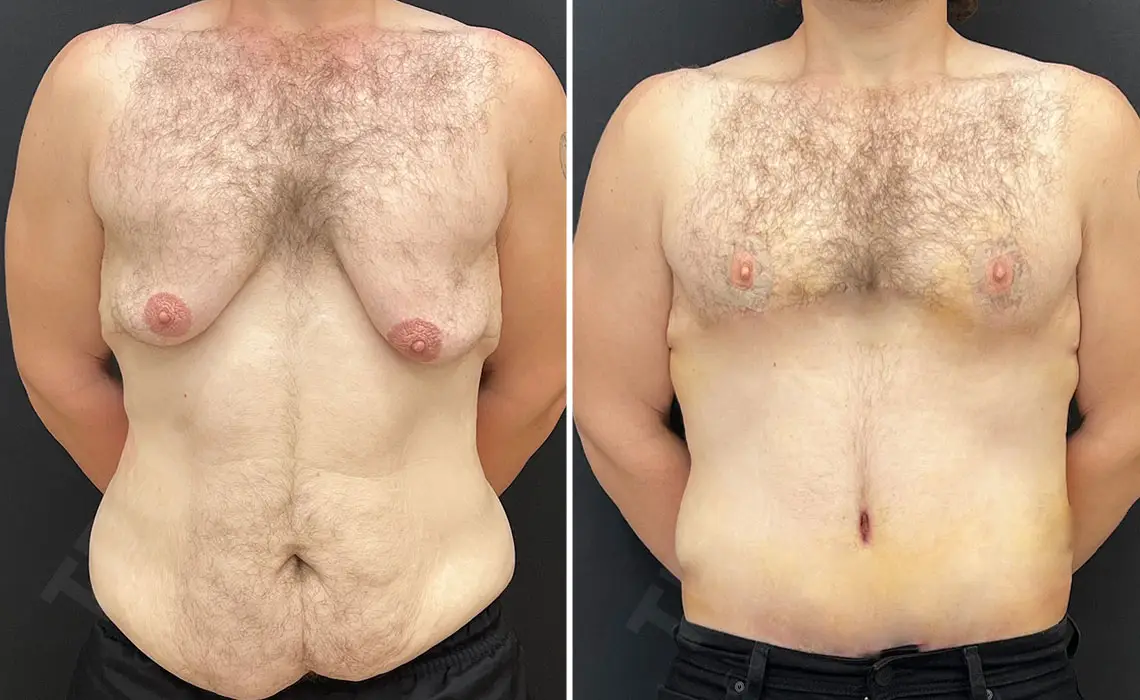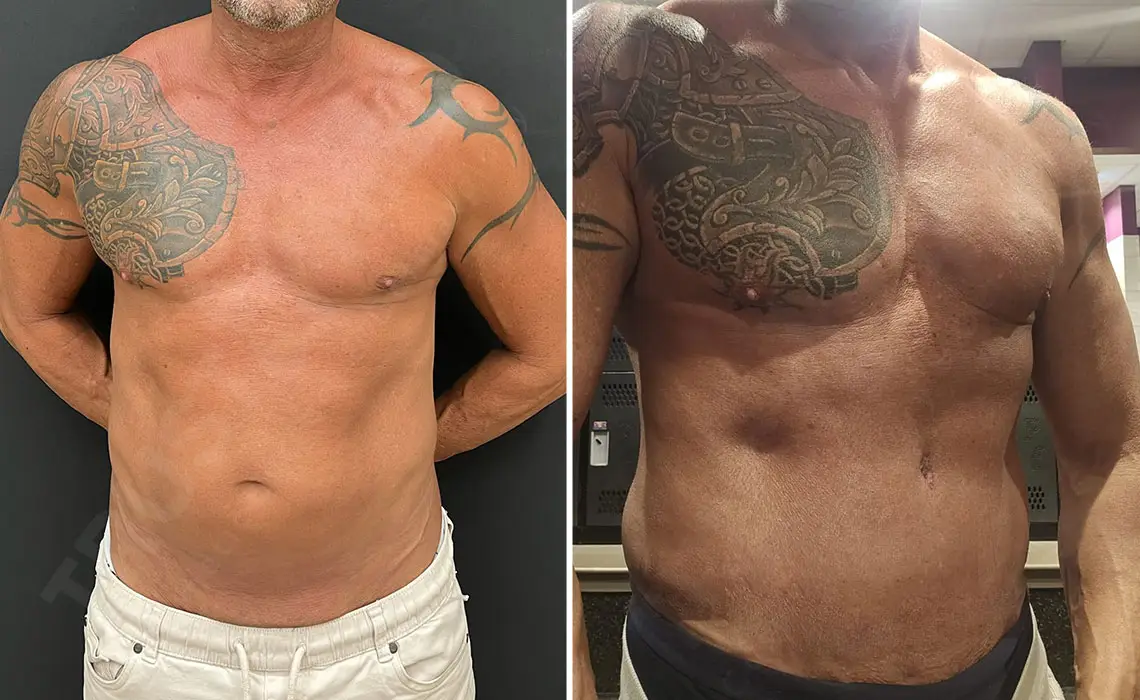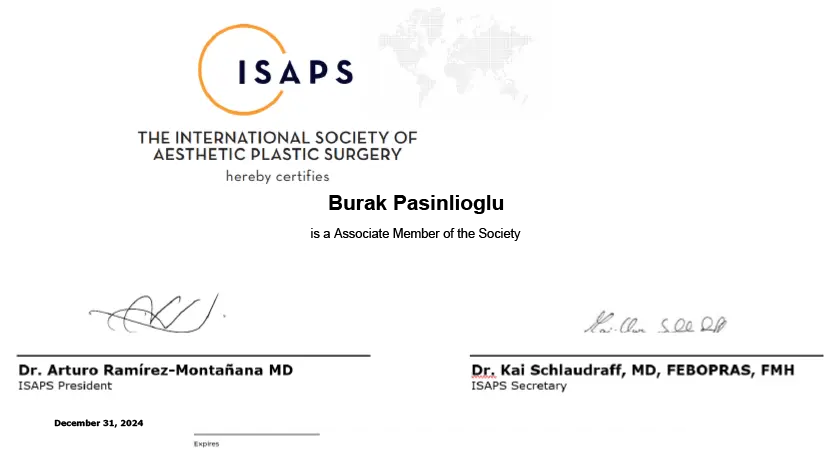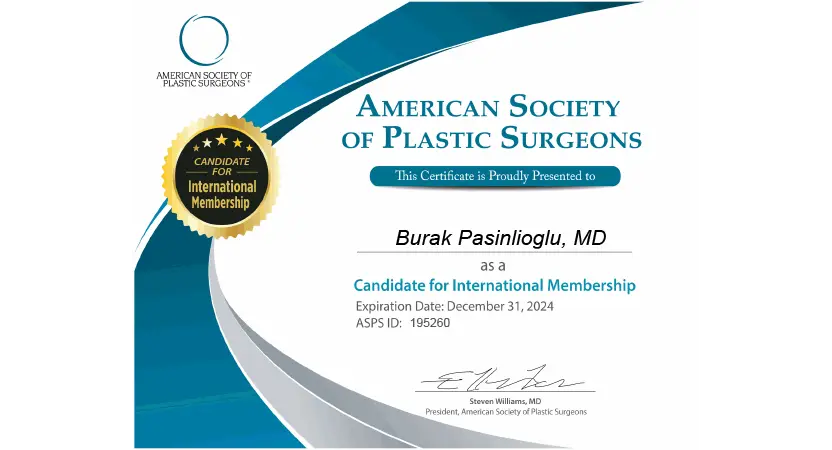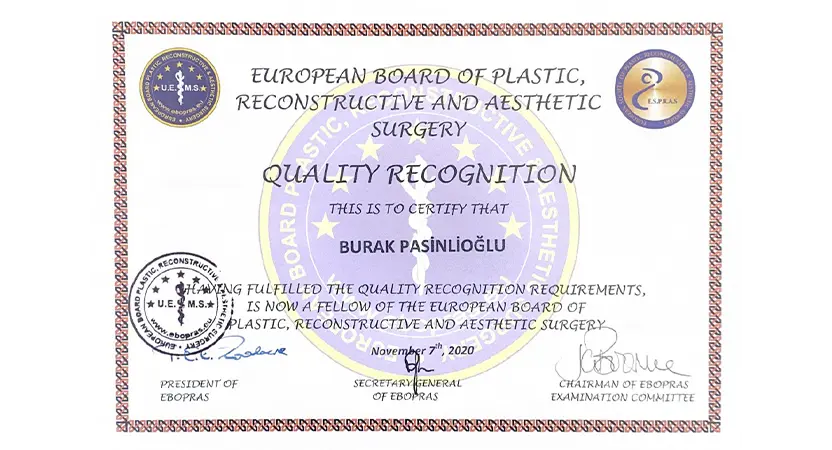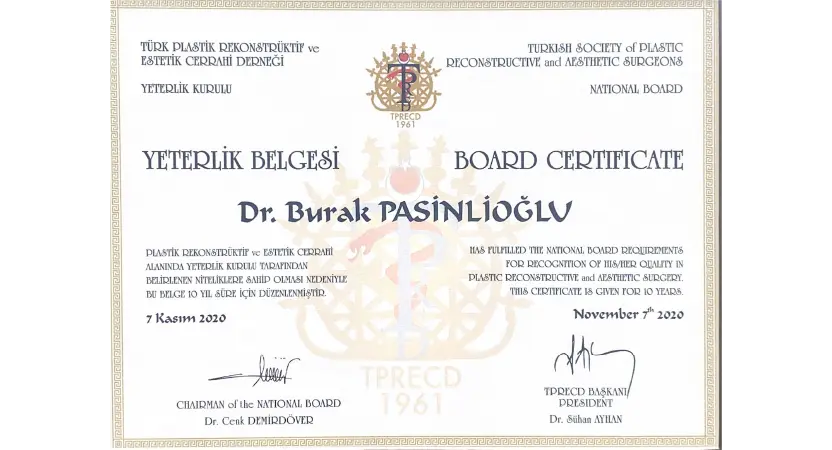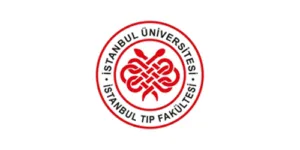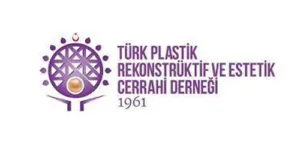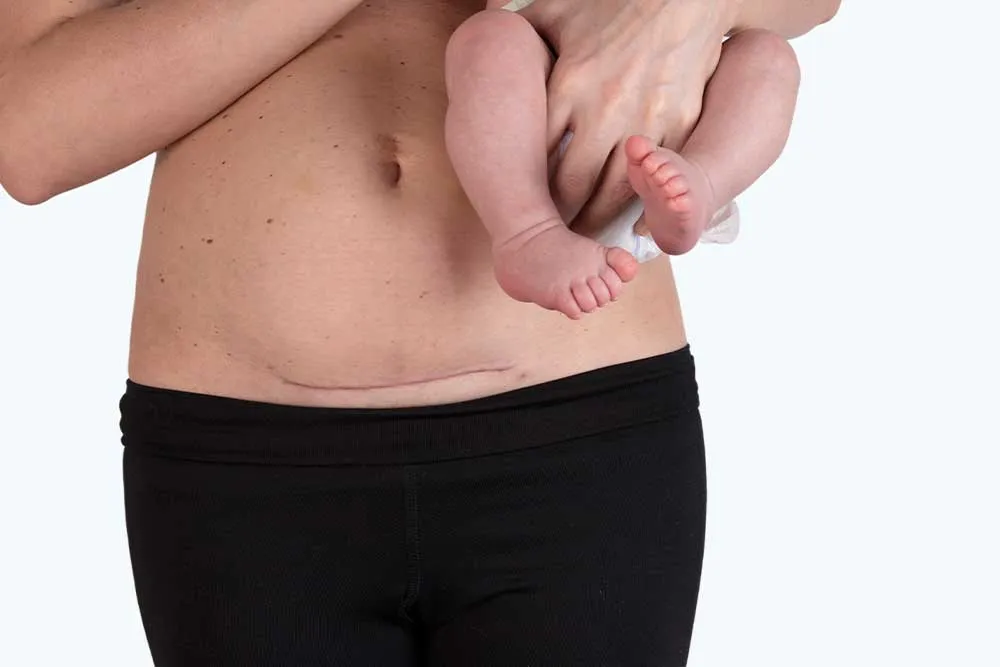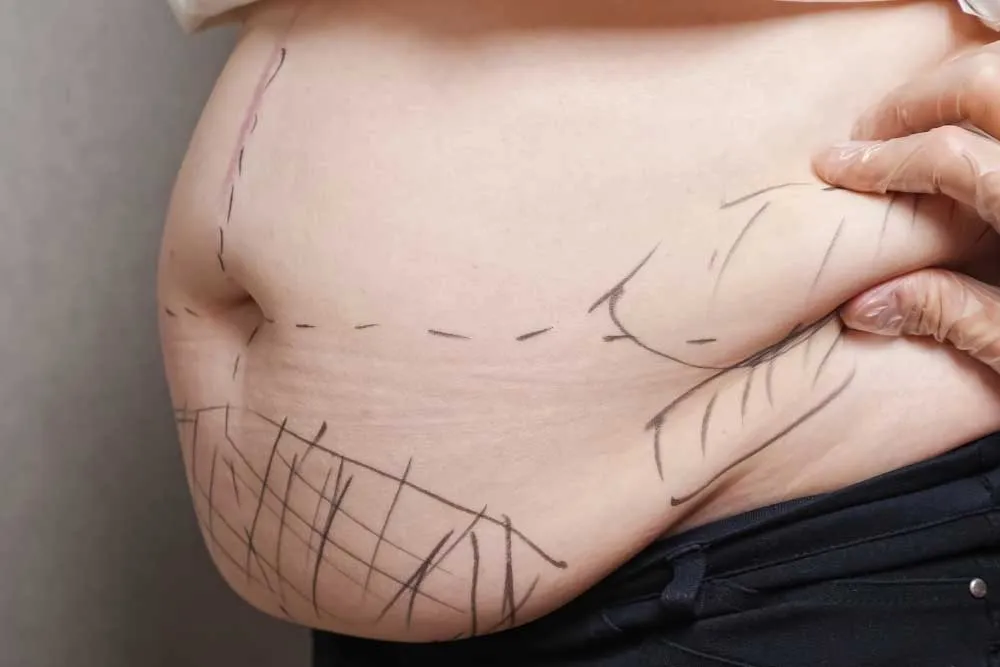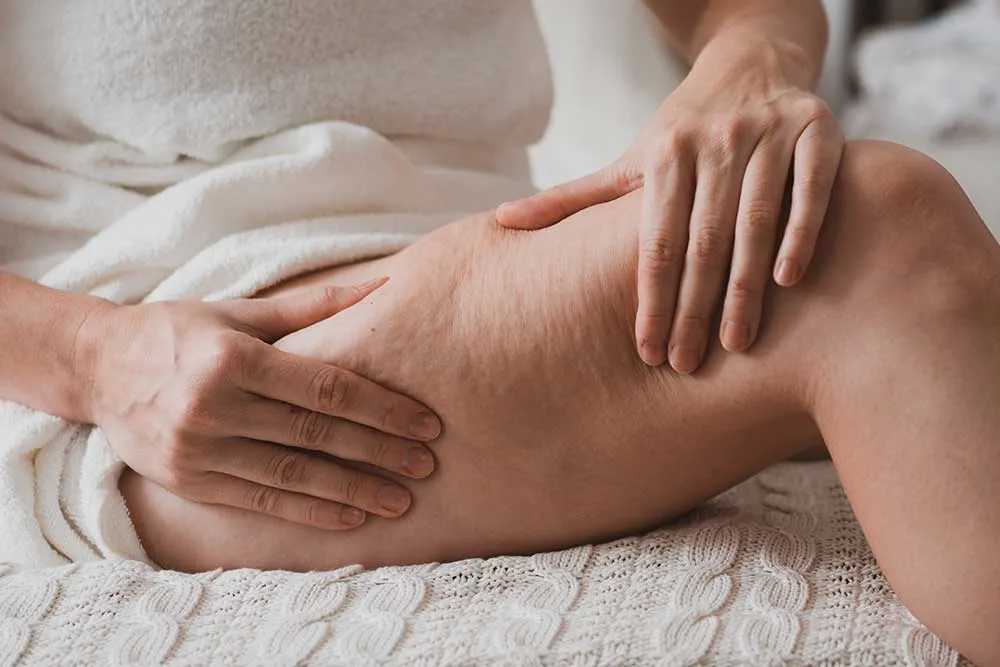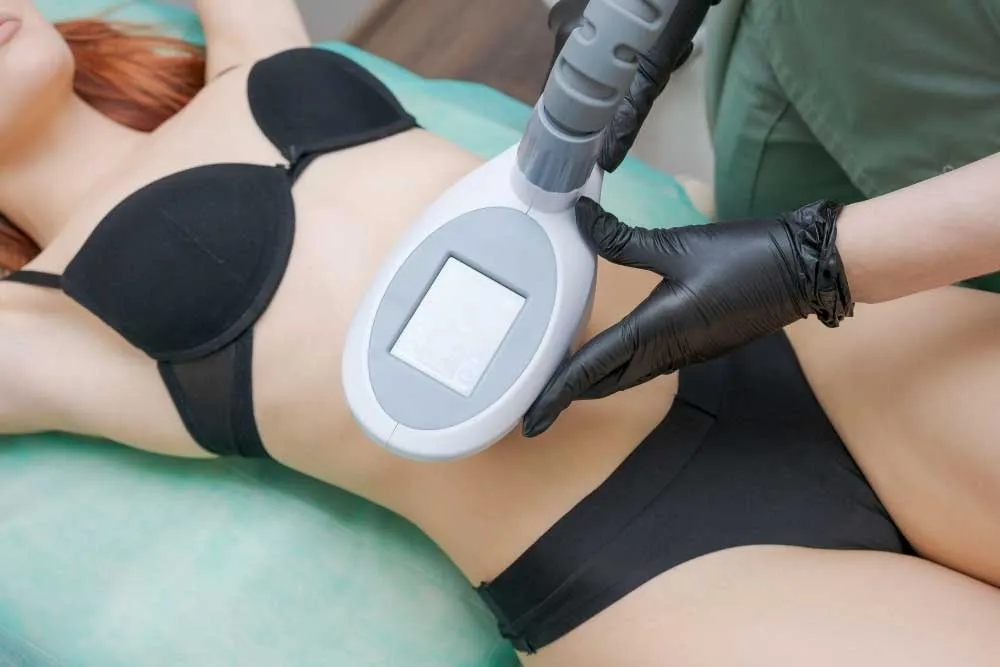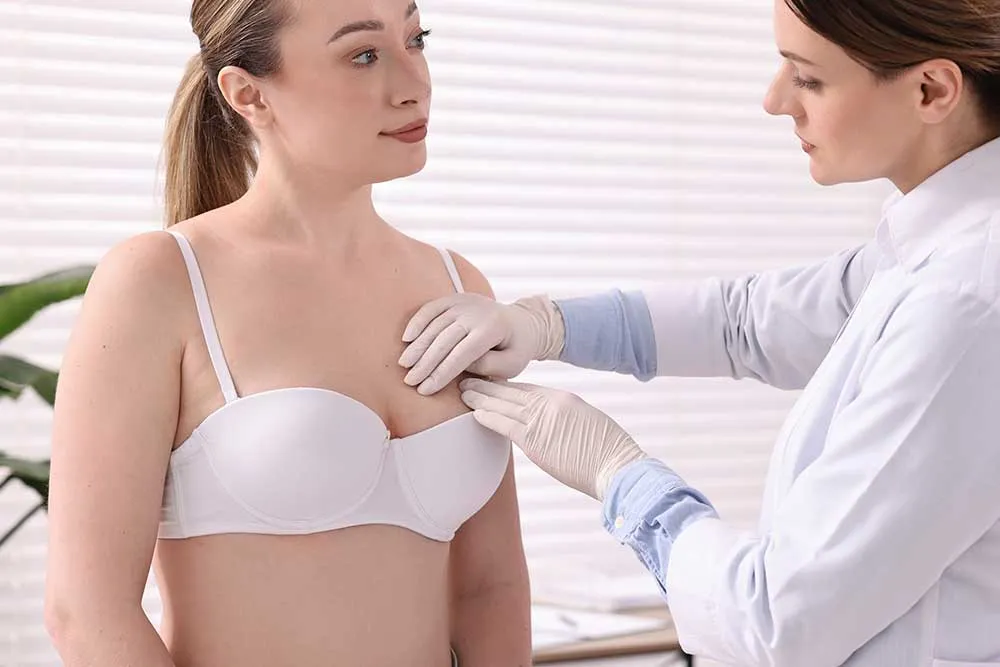About Dr. Burak Pasinlioğlu
Our famous aesthetic surgeon has European Aesthetic Surgery Association Equivalence certificate (EBOPRAS), international aesthetic plastic surgery association (ISAPS) certificates, and is also an International Member of the American Society of Plastic Surgeons (ASPS).
 Dr. Burak Pasinlioğlu
Dr. Burak Pasinlioğlu
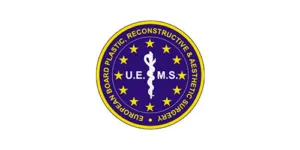
EBOPRAS Certified
European Board of Plastic Reconstructive and Aesthetic Surgery
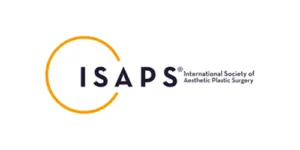
ISAPS Member
International Society of Aesthetic Plastic Surgery
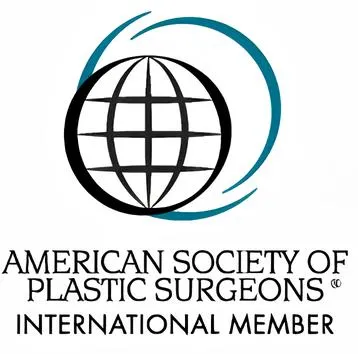
ASPS Member
American Society of Plastic Surgeons
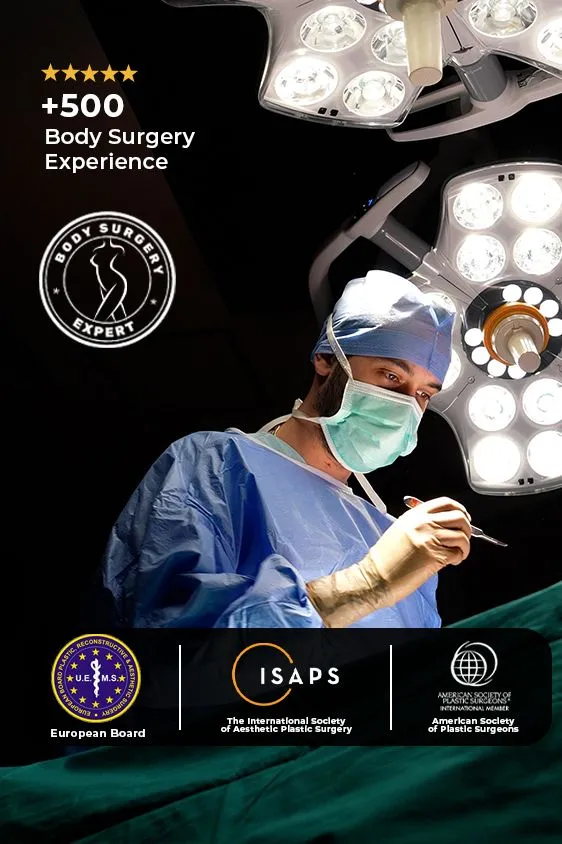
Dr. Burak Pasinlioglu Magic Surgeries


Meet Our 🇪🇺 European Board-Certified Body Surgery Expert Dr. Burak Pasinlioglu
Our expert surgeon, certified by the European Board, specializes in body aesthetics and advanced surgical techniques. With a dedication to achieving natural, flawless results, they are trusted by patients worldwide.
Meet World-Class +α privileges with Trustmed Clinic
- Trustmed Clinic 4X Insurance Protection Programme
- More than 500 patients Body surgery expert with 5 stars reviews on Google and Trustpilot
- Free 3D Similation to See Real Results Before Surgery
- Hospital with JCI Certified and 24 hours Nurse Support at Patient Friendly Medical Hotel
- 7/24 Healthcare Assistant Service
- All Included Package with Flight Tickets and Discounts for Couple and Family No Hidden Costs with Transparent Pricing
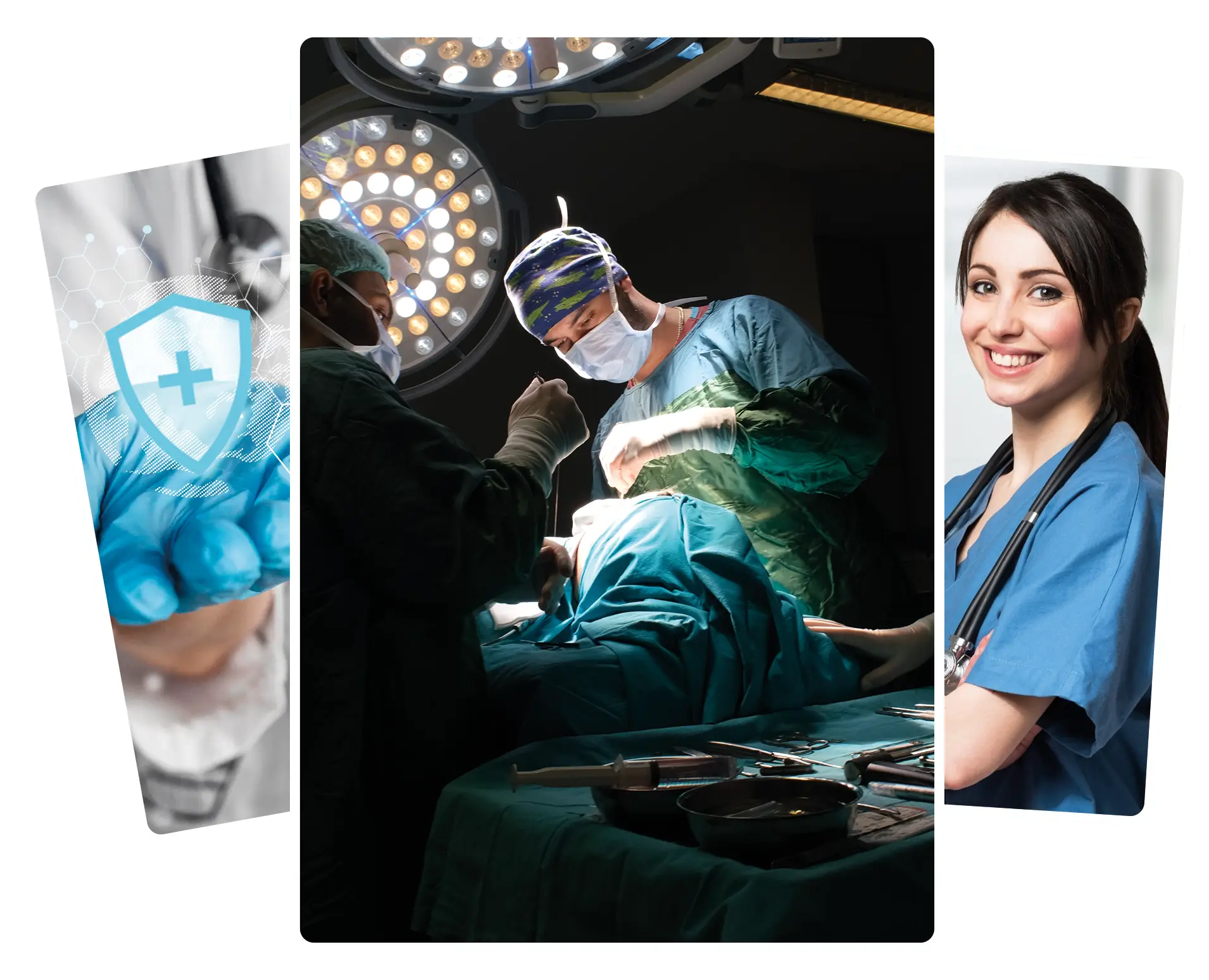
5 Myths About Turkey 🇹🇷
Turkey’s image in the West very often doesn’t match the reality of a medical stay in Istanbul.
Most educated professionals in our region speak English, including all of our doctors. Your doctor, as well as your personal translator, will be readily available by phone even after your consultation. You will also receive your doctor's personal mobile number for added convenience. While some hospital staff, such as drivers, may have limited English proficiency, they are highly experienced in assisting international patients and perform their duties with the utmost professionalism.
Turkey faces challenges with some neighboring countries experiencing political instability. However, these regions are located at least 1,000 miles away from Istanbul. Thanks to Turkey's robust economic, political, and military strength, the country has maintained impressive economic growth, unaffected by issues in nearby regions.
Istanbul, a vibrant city teeming with tourists from around the globe, is generally very safe. The primary concerns for visitors are heavy traffic and the occasional risk of pickpocketing in tourist hotspots—issues common to most major tourist cities worldwide.
While the majority of Turkey's population is Muslim, it is important to note that Turks are not Arabs. Istanbul is home to a significant number of Christians and Jews, who coexist harmoniously with their Muslim neighbors. The city’s skyline beautifully reflects this diversity, featuring churches, synagogues, and mosques side by side.
Turkey is not an Islamic republic like Iran; its constitution is rooted in secularism (laicism). Islam itself is a religion of love and peace, not violence. While some Western media may highlight a connection between Islam and violence due to the actions of a few extremists, this does not reflect the reality in Istanbul.
Foreigners are warmly welcomed in Turkey, as hospitality is a deeply ingrained cultural value. Turks view guests as an honor, and your religion or background has no bearing on this tradition.
Most Turks you’ll meet at the clinic or elsewhere are not particularly religious. Even for those who are, it doesn’t imply any form of hostility. Like anyone else, Turks are ordinary people who aspire to live in peace, raise their families, and find happiness.
Your doctor is multilingual, well-traveled, and genuinely interested in other cultures, ensuring a comfortable and welcoming experience for international patients.
Turkey also boasts a rich tradition of winemaking that dates back centuries. Additionally, raki, an unsweetened, anise-flavored alcoholic drink, is widely enjoyed across the country, reflecting its vibrant culinary culture. With its own thriving fashion industry, you will be surprised at the variety of dress amongst Turkish women.
Istanbul is a much safer city than many Western cities. There is less criminality than in Glasgow or London and Istanbul has become one of Europe’s safest city. An important solidarity between people and a solid economic growth allow Istanbul to be a safe destination. Traffic is however the only real danger as pedestrians never have priority.
When it goes about women:
– Turkish women received the vote on the same terms as men in 1934 (1928 in UK, 1944 in France and… 1971 in Switzerland).
– A lot of women have responsibility positions in Turkey (among others: hospital director, marketing manager or communication director).
– Turkey elected a woman, Tansu Ciller, as a Prime Minister in 1993 when a lot of Western countries never did.
– Turkey’s constitution is based on laicity and while some women wear a headscarf a lot neither do it nor experience problems because of it.
– Istanbul being Europe’s largest city, foreign women should apply the same rules as at home (don’t walk alone at night in a park or on a dark street, for instance) and respect some points that can be also important in other Southern European countries like Greece or Southern Italy (topless sunbathing is unusual, for instance)
Istanbul is home to 18 million people, making it a vibrant and dynamic metropolis. Over the past decade, Turkey has experienced one of the highest economic growth rates in the world, leading to the rise of a prosperous middle class with a demand for high-quality healthcare. As Turkey’s wealthiest city, Istanbul has become a hub for advanced medical services.
To meet this growing demand, intense competition among hospital groups has driven rapid advancements in healthcare. State-of-the-art, well-equipped medical facilities have been established, attracting global attention. Prestigious American institutions such as Harvard Medical School and Johns Hopkins have set up facilities in Istanbul, recognizing the city’s commitment to delivering exceptional medical care.
Istanbul is also home to a number of highly skilled surgeons who were educated and trained abroad. Many of them have chosen to return to Turkey, drawn by improved working conditions and the opportunity to gain extensive experience due to Istanbul’s large and diverse population. These surgeons often perform significantly more procedures than their counterparts in Western countries, such as the UK, further honing their expertise.
- Tummy Tuck
- Liposuction
- Mommy Makeover
- BBL
- Breast Surgeries
- Body Lift
- Thigh Lift
- Arm Lift
- Body Surgeries
- Tummy Tuck
- Liposuction
- Mommy Makeover
- BBL
- Breast Surgeries
- Body Lift
- Thigh Lift
- Arm Lift
- Body Surgeries
- Tummy Tuck
What our patient say
Frequently Asked Questions
Finding a well-trained, experienced plastic surgeon is one of the most important steps in ensuring that you achieve the results you want.
A board certification means that the American Board of Plastic Surgery (ABPS) pronounced the plastic surgeon to be one of the leading experts in the nation. The ABPS is the only board that certifies plastic surgeons. Those who are board-certified meet rigorous standards, graduate from an accredited medical school, pass comprehensive exams and have at least six years of surgical training with a minimum of three years of plastic surgery residency training.
All of Penn Medicine’s plastic surgeons are board-certified and many have fellowship training in plastic surgery.
In addition to their board-certification, when you’re looking for an expert plastic surgeon, you should check:
- Professional memberships - Is the surgeon a member of the American Society of Plastic Surgeons (ASPS)? This professional society promotes education and standards among board-certified plastic surgeons.
- The facility - Is the surgeon on the staff of an accredited hospital? Hospitals can be accredited by any of several private and public organizations. The most common accrediting body is the Joint Commission.
No matter where you have a consultation, we recommend you get answers to the following questions to ensure your plastic surgery will be safe and successful.
- Tell me about your education and experience? Are you board-certified?
- What is your care philosophy?
- How long have you been performing plastic surgery?
- How frequently do you perform these procedures?
As with all surgical procedures, there is some risk of complications. You can reduce potential risks and complications by carefully following all pre- and post-surgery instructions provided to you by your surgeon and care team. This will ensure that you and your plastic surgeon are prepared and that your body is appropriately cared for before, during and after surgery.
Although many people are more open about their own cosmetic surgery, not everyone is. Rest assured that at our plastic surgery offices, your privacy is highly guarded.
At Penn Medicine, all new staff members must attend yearly training sessions in how to maintain patients' privacy. Following their first training, each new employee signs an agreement to follow privacy and confidentiality principles. Our physicians and support staff use extreme discretion with patient information.
In addition to surgical procedures, Penn Cosmetic Surgery offers a wide range of skin care services to improve and maintain the quality and appearance of your skin. Our licensed clinical aestheticians and micropigmentation specialists work closely with our plastic surgeons to design and execute individualized, innovative, medical-grade skin care treatments for you. They also ensure complementary treatments for maintenance following surgery.
Minimally invasive treatments can even out skin tone, remove unwanted hair growth, stimulate collagen production and reduce fine lines and wrinkles, creating a renewed and more youthful appearance.
After you have your surgery date set, we will schedule a history/physical within 30 days of the surgery with an advanced practice provider (nurse practitioner or physician’s assistant).
During this appointment, we will review your medical history, give you a physical exam, prescribe any post-operative medications, complete your blood work and order any imagery (if necessary) for surgery. We will also give you information about post-operative care and follow-up appointments.
While each person has a different pain threshold, your surgeon will prescribe appropriate pain medication to minimize discomfort. The practice will also discuss follow-up appointments and if you may need to take time off of work.
Time off work is individualized to the type of surgical procedure and the work being performed. The recovery process will be discussed in detail at your consultation.
Cosmetic surgery fees and costs vary based on procedure, as well as your body type and the type of work that may go into the procedure. The administrative assistant will discuss the breakdown of costs with you following the consultation.
Yes, there is a fee for your private and personalized consultation with one of our surgeons; however, if you decide to have your procedure done at Penn Medicine, the consultation fee will be subtracted from the procedure cost.
Insurance companies do not cover the costs of cosmetic procedures. Insurance providers will typically only cover those expenses related to diseases, illness and injury, including reconstructive procedures considered medically necessary because the condition interferes with the individual's health or ability to function normally.
Insurance carriers have different definitions for "cosmetic" and "medically necessary." In some cases, the insurer may determine that part of the surgery is medically necessary. The patient is then responsible for the part of the surgery the insurance company considers cosmetic.
If you have a question about insurance coverage, make sure you ask your plastic surgeon's office staff. They can work with your insurer to determine what may be covered.
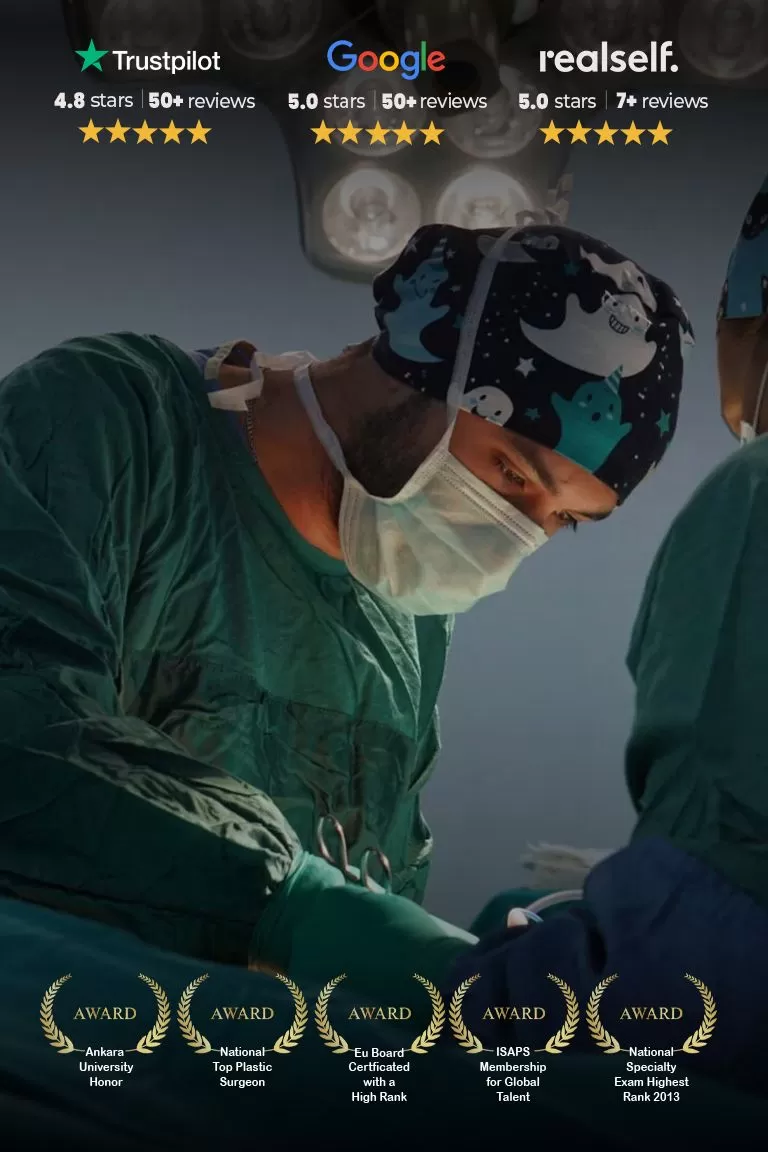
Our Latest Health Blogs
Office Address:
Harbiye Mah. Mim Kemal Öke Cad. Erenler Apt. No:12 Daire: 1 Nişantaşı, Şişli - İstanbul
Working Hours:
Mon-Thu: 8:00am-5:00pm
Fri: 8:00am-1:00pm
